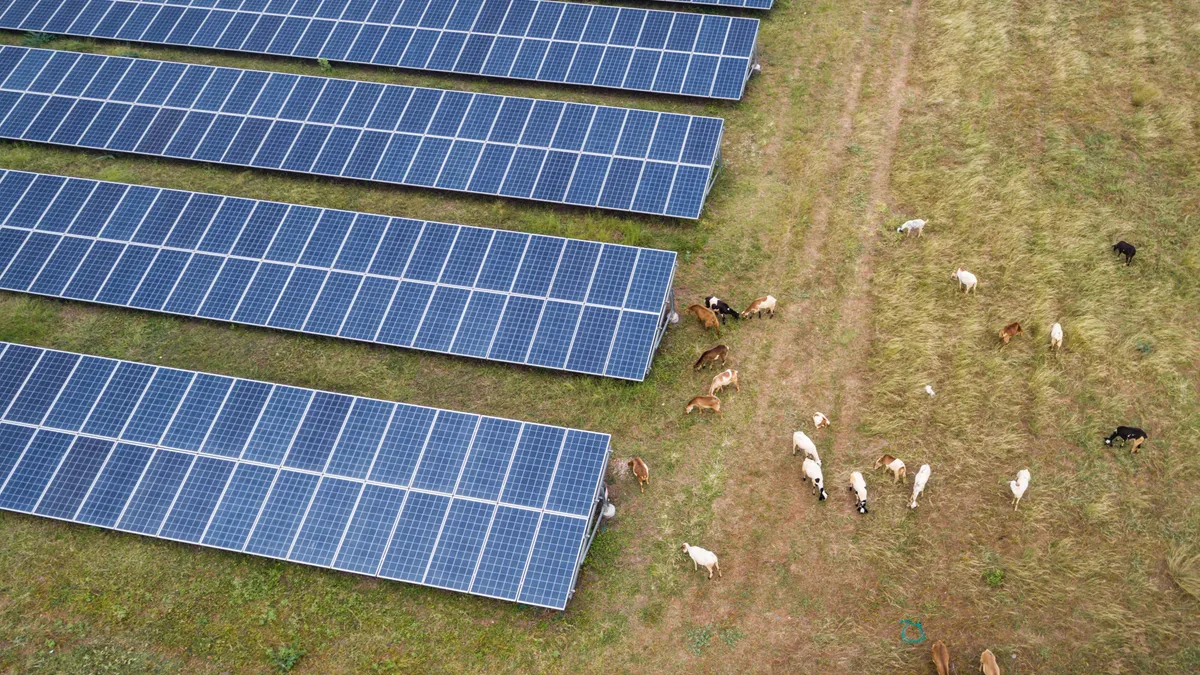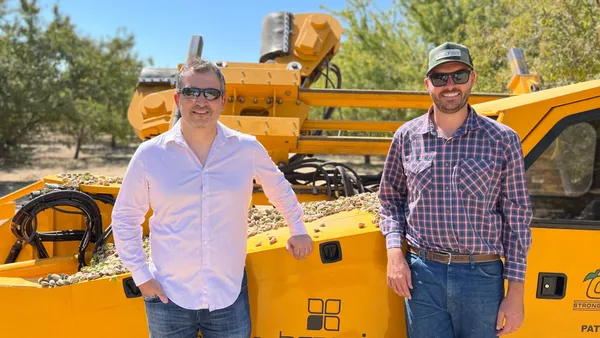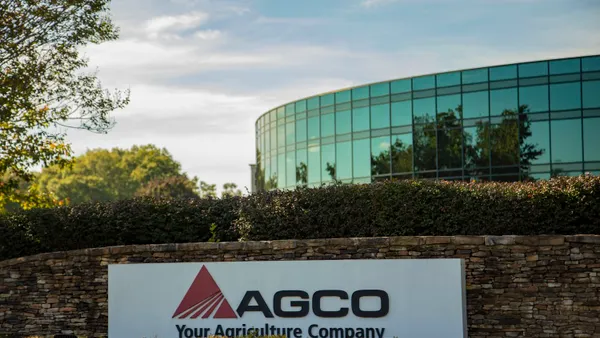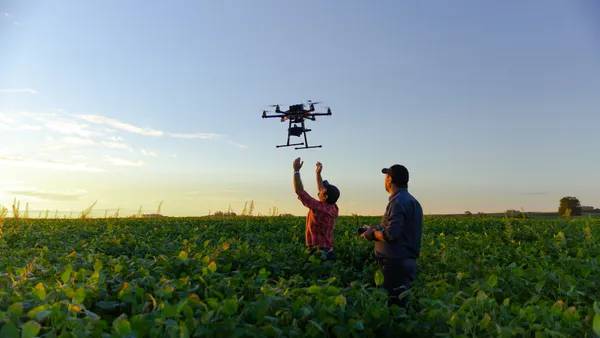Candy maker Mars Inc. and startup accelerator Unreasonable Group on Monday said they will work with 15 early-stage companies to scale innovations advancing sustainability throughout the food supply chain.
The venture cohort will have access to mentorship, resources, networks and opportunities for collaboration with industry leaders, according to a news release. Startups include companies focused on reducing emissions in dairy cattle or advancing precision agriculture through satellite mapping.
The effort is part of the companies' joint "Unreasonable Food" program, a three-year initiative announced in February between Mars’ snacking division and Unreasonable to support rapid growth companies, as well as the M&M’s maker’s net zero by 2050 roadmap and 2030 goal of reducing emissions by 50%.
The companies participating in the venture cohort are primarily focused on efforts to reduce greenhouse gasses and improve circular packaging.
"We are excited to welcome these ventures to the Unreasonable Food family," Daniel Epstein, CEO of Unreasonable, said in a statement Monday. "Their innovative solutions and commitment to creating a more regenerative, inclusive, and equitable future of food align perfectly with our mission."
The cohort includes the following startups:
-
Mootral, which produces a feed additive that reduces methane emissions by up to 30% while increasing milk yields.
-
Sea Forest, which produces red seaweed-based feed additives that reduce cattle emissions by up to 90%.
-
Yard Stick, which provides a solution to measuring carbon that is 70%-90% lower in cost compared to lab testing.
-
Regrow Ag, which uses satellite imagery modeling to measure and reduce Scope 3 emissions.
-
LandScan, which provides a digital twin of the farm for targeted soil data and enhanced precision agriculture practices.
-
Nitricity, which produces fertilizer production systems that make nitrogen fertilizer using air, water and renewable energy.
-
Absolute, a bioscience company that produces sustainable agricultural inputs, dairy and other materials.
-
Xampla, which develops plant-based materials that are similar to plastic.
-
Loliware, which creates seaweed-based packaging materials that are biodegradable and compostable.
-
Farmerline, which provides farming education, access to inputs and traceability solutions to improve farmer incomes.
-
80 Acres Farms, a vertical farming company that uses 100% renewable energy and 95% less water to grow 300 times more food than standard operations.
-
MycoTechnology, which increases the availability of food ingredients through mushroom fermentation.
-
Voyage Foods, which uses reverse engineering and molecular biology to recreate popular foods like chocolate using sustainable ingredients.
-
String Bio, which provides carbon-negative ingredients derived from methane for human and animal consumption.
-
Air Protein, which creates protein and other sustainable food ingredients using a carbon-negative gas fermentation process.











